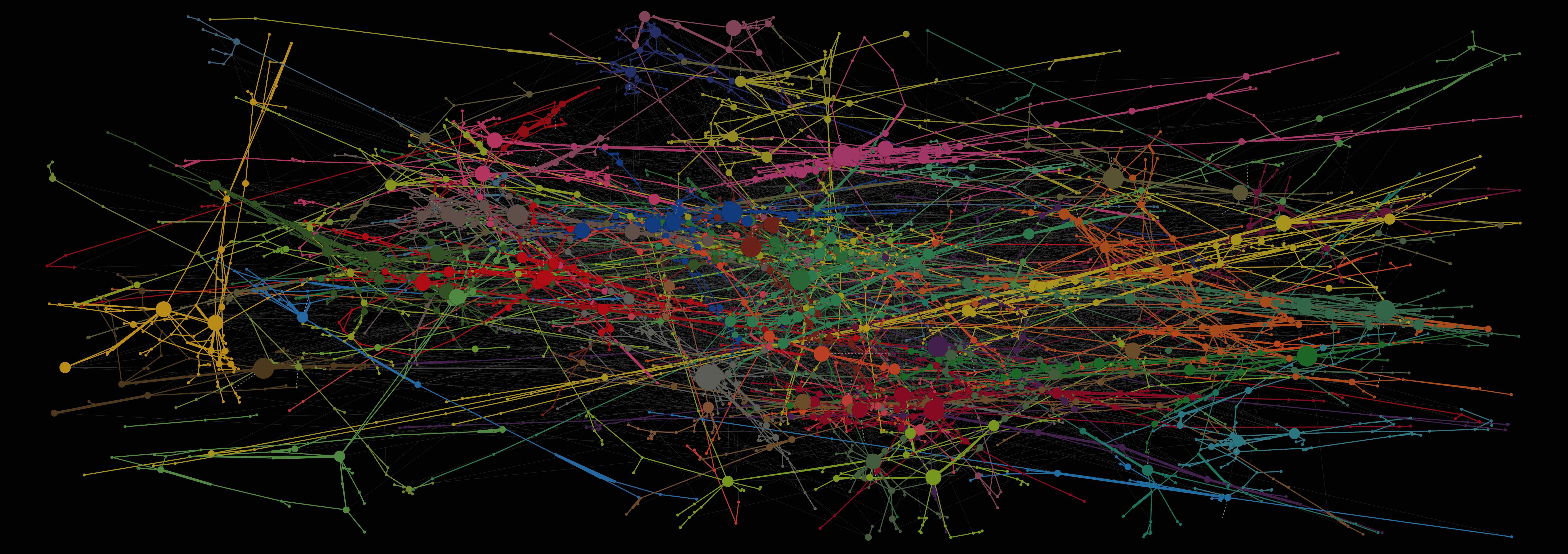
Worm holes in memory: Is memory one representation or many?
Abstract
The analogy of space to human cognition has a long- standing tradition. Our study aims to elaborate on the validity of this analogy for search in memory. Using the search of associative memory framework (SAM) we show that people are able to dynamically recruit independent memory representations in the recall of country names. By instructing participants to use specific recall cues we also show that despite a strong effect on the retrieval sequence, total recall from memory remains unaffected. Whereas these findings strongly support a higher dimensionality to memory than often assumed, the simultaneous finding of severe retrieval time costs for non-default representations suggests that the use of particular retrieval structures may be adaptive. In sum, our results support local-to-global memory search strategies similar to foraging strategies in space, but further suggest that memory is not constrained to one local representation, but may indeed support many.
